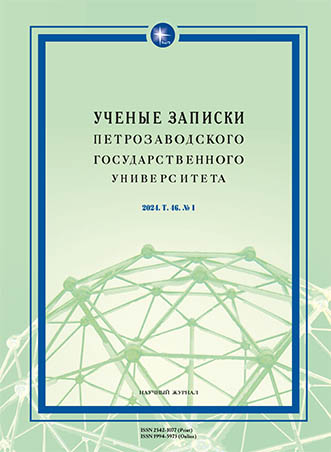УТИЛИТАРНАЯ ОЦЕНКА В НЕМЕЦКОМ ИНЖЕНЕРНОМ ДИСКУРСЕ
UTILITARIAN EVALUATION IN GERMAN ENGINEERING DISCOURSE
Author(s): Anna Klyoster, Natalia ShnyakinaSubject(s): Language and Literature Studies, Theoretical Linguistics, Applied Linguistics, Sociolinguistics, Cognitive linguistics
Published by: Петрозаводский государственный университет
Keywords: engineering discourse; utilitarianism; utilitarian evaluation; pragmatic presupposition; cognitive interpretation; definitional analysis;
Summary/Abstract: The article studies the means of expressing utilitarian evaluation in German engineering discourse. The aim of the study is to examine the presuppositions that form a person’s perception of the usefulness or uselessness of material and ideal manifestations of scientific and technological progress. Using the method of cognitive interpretation and definitional analysis, the work reveals the conditionality of characterizing an evaluation object as having or not being beneficial or useful, taking into account the areas of its positive impact on society. The theoretical significance of the study lies in clarifying the cognitive foundations of object qualification in terms of additional (background) knowledge, while its practical significance derives from the possibility to use the key research results within cognitive disciplines. The study resulted in making a list of presuppositions significant for utilitarian evaluation, including such substantiations of utility as efficiency, obtaining benefits, saving resources, ease of use, dynamism, value to society, reliability, and optimality related to the feasibility of resource consumption and predicted results.
Journal: Ученые записки Петрозаводского государственного университета
- Issue Year: 46/2024
- Issue No: 1
- Page Range: 26-33
- Page Count: 8
- Language: Russian

